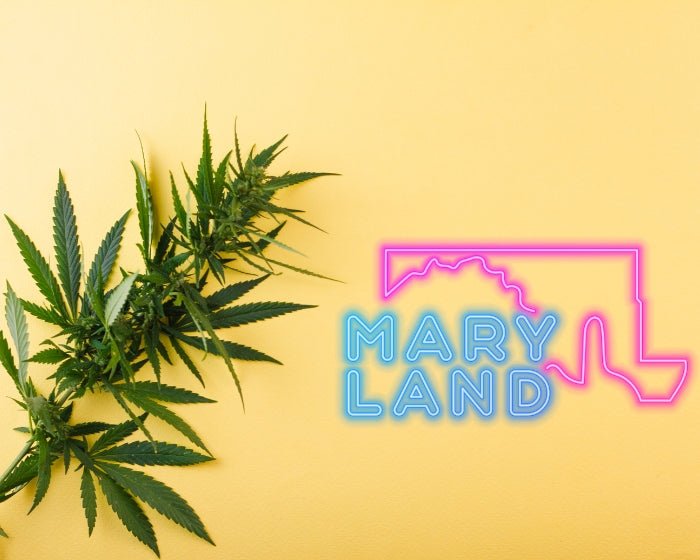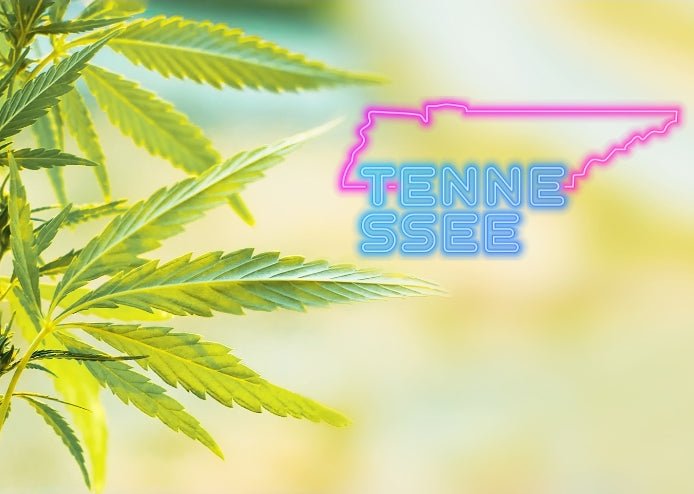With both sides of the Atlantic struggling to grapple with how to regulate the lucrative hemp-derived product, many governing bodies could take the easy way out and designate CBD as a drug.

It has been five years since the U.S. Congress passed the 2018 Farm Bill, which delisted hemp from the Controlled Substances List. That simple act created a seismic event in the United States and across the globe. Farmers began to cultivate the plant at an accelerated rate, and innovative entrepreneurs took advantage of hemp's legal status to produce a remarkable number of hemp-derived products. One of those items, a favorite of alternative medicine advocates for decades, is CBD or Cannabidiol.
Proponents of CBD extol its use for a wide range of health issues. Unfortunately, there is little empirical scientific proof of its efficacy in treating specific diseases or medical conditions. However, scientists have recently found strong evidence for the use of CBD in helping to combat some of the more severe childhood epilepsy syndromes, including Dravet syndrome and Lennox-Gastaut syndrome (LGS).
As a result, Jazz Pharmaceuticals got its trailblazing drug, Epidiolex, approved by the U.S. Food and Drug Administration (FDA) for treating those conditions. In doing so, Epidiolex became the first ever hemp-derived medicine to receive the regulatory body's approval. Furthermore, despite the minimal research on other potential uses for CBD in humans, animal studies and "self-reports" by individual users seem to suggest that the derivative may also help with anxiety, insomnia, chronic pain and addiction issues.
Regardless of its objective scientific results, millions of people across the globe swear by CBD's healing powers. That has translated into big business for farmers, manufacturers, and retailers in the hemp industry, which generated $15.88 billion in 2022. However, according to numerous media reports, that explosive growth could end as quickly as it began five short years ago.
If there's one thing Western governments and their respective health and safety regulatory bodies detest, it is an unregulated market. CBD is no exception to that tried and true bureaucratic axiom. Yet, when it comes to the most effective way to develop a clear and comprehensive plan for actually corralling the, at times, wieldy hemp product, governments from the United States to the UK have struggled mightily.
The issue became so untenable and frustrating in America that the FDA, in a highly unusual move, effectively washed its hands of CBD last year in a letter to Congress. In that statement, the agency said there needs to be more information about the safety of CBD products to properly regulate them as foods or supplements under the FDA's current structure.
FDA Deputy Commissioner Janet Woodcock said, "A new regulatory pathway would benefit consumers by providing safeguards and oversight to manage and minimize risks related to CBD products."
"A new regulatory pathway would benefit consumers by providing safeguards and oversight to manage and minimize risks related to CBD products."
- FDA Deputy Commissioner Janet Woodcock
Frustrated by the FDA's lack of accountability and action on establishing a regulatory framework for CBD, lawmakers like Rep. James Comer (R-KY), House Oversight and Accountability Committee chair, are calling for an investigation into the agency's questionable and detrimental inaction regarding CBD regulations.
Comer's letter to the FDA partially said, "FDA's claim of a lack of a regulatory pathway is not only an insufficient rationale for inaction, but it is directly affecting the welfare of the American public."
"FDA's claim of a lack of a regulatory pathway is not only an insufficient rationale for inaction, but it is directly affecting the welfare of the American public."
- Rep. James Comer (R-KY), House Oversight and Accountability Committee Chair
The United Kingdom is only faring slightly better than its American cousin. Following a landmark court case, the European Commission declared CBD not to be a narcotic. As a result, it created a three-tier safety framework that places the compound into food, supplement, or medicine categories, depending on concentration levels.
However, the safety evaluation process has proven slow and inconsistent, prompting some member states to take more drastic actions. The Czech Republic, for example, recently took the unprecedented and troubling step of altogether banning products containing CBD and all other hemp-derived cannabinoids.
In contrast, the UK became the first European nation to create a pathway for CBD to become a new food. However, the actual implementation of the program has been fraught with issues and has left manufacturers, retailers and regulators frustrated. The sheer number of applications alone almost caused the system to collapse before officials could adequately address the massive glut.
So, the question of what to do with CBD still hangs precariously in the balance. Compounding the anxiety and uncertainty surrounding the hemp product, the FDA released its "Review of the oral toxicity of cannabidiol (CBD)," a 40-page paper based on a compilation of existing clinical studies, in April.
The study highlights several troubling concerns, most notably CBD's potentially damaging effects on pregnant women and fetuses, young children and the elderly. The paper also goes on to say, "The mechanisms of CBD-mediated toxicity are not fully understood, but they may involve disruption of critical metabolic pathways and liver enzyme functions, receptor-specific binding activity, disruption of testosterone steroidogenesis, inhibition of reuptake and degradation of endocannabinoids, and the triggering of oxidative stress."
"The mechanisms of CBD-mediated toxicity are not fully understood, but they may involve disruption of critical metabolic pathways and liver enzyme functions, receptor-specific binding activity, disruption of testosterone steroidogenesis, inhibition of reuptake and degradation of endocannabinoids, and the triggering of oxidative stress."
- Review of the Oral Toxicity of Cannabidiol (CBD)
The study comes on the heels of unsettling warnings issued by the UK's Food Standards Agency (FSA) regarding CBD in March. According to the report, ten people died from ingesting CBD products, and over 860 individuals reported adverse reactions (over an unspecified period) to consuming the compound.
As a result of these disturbing study results and reports, many industry advocates and stakeholders worry that the lack of vision and will on the part of regulatory agencies to address the safety concerns surrounding CBD may lead to the compound becoming classified as a drug. If that were to happen, the primary beneficiary would be Big Pharma.
Furthermore, by all indications, the significant players in the Pharmaceutical industry, much like in the case of cannabis, are more than willing to swoop in and put their well-funded and dubious fingerprints all over a natural, plant-based product that could be worth over $65 billion by 2032. The non-stop bombardment of the young and still-developing hemp industry continues.
Hopefully, the upcoming renewal of the Farm Bill later this year can provide some legislative guidance and relief for regulators and the hemp industry. If not, the alternative is a result that could have far-reaching and detrimental consequences for individuals ranging from children suffering from the crippling effects of seizures to the family farmer simply trying to make a living.








































